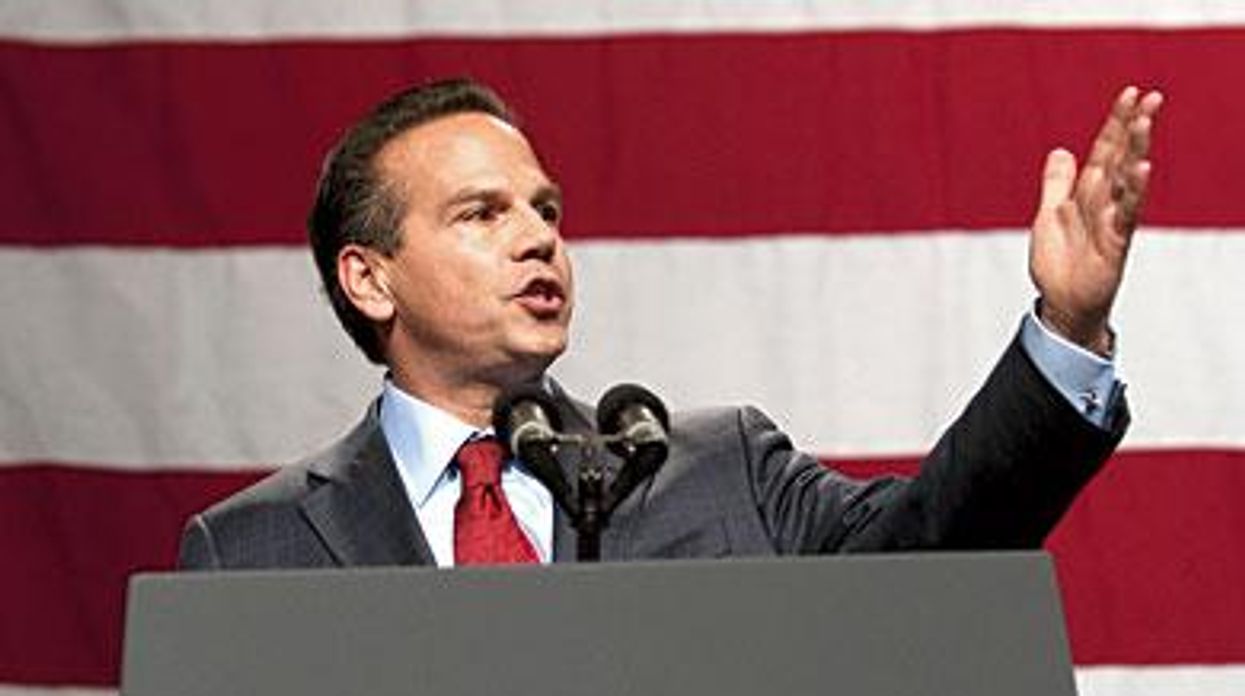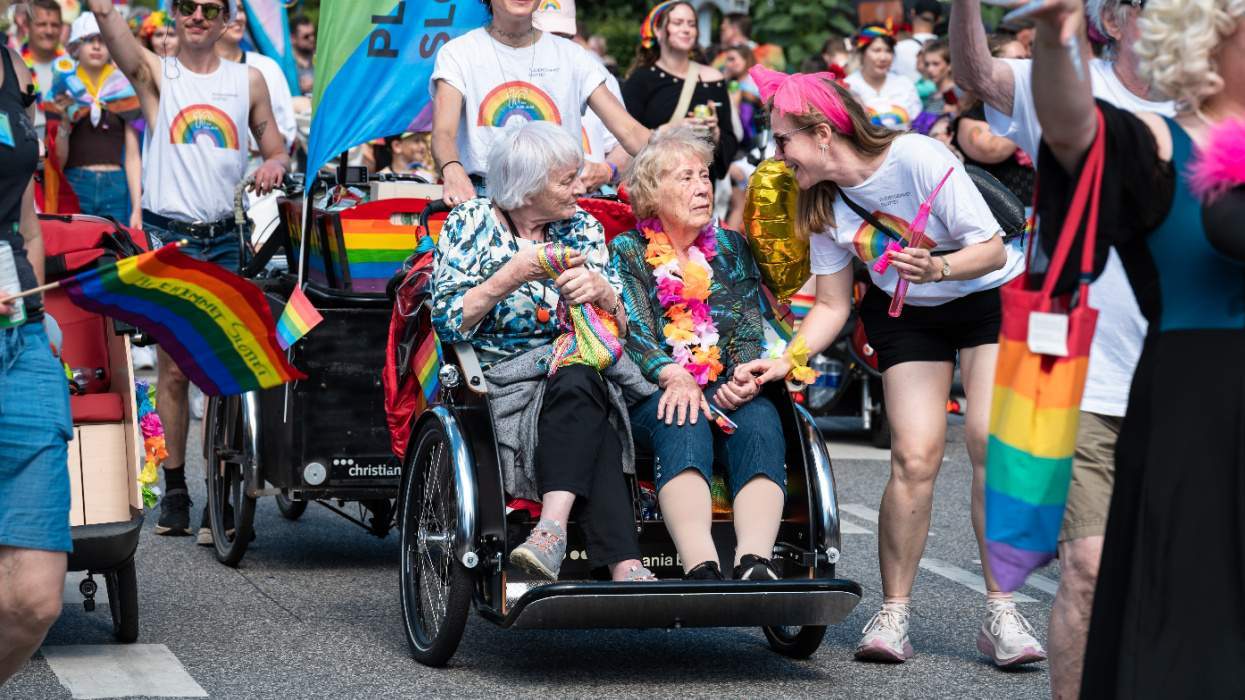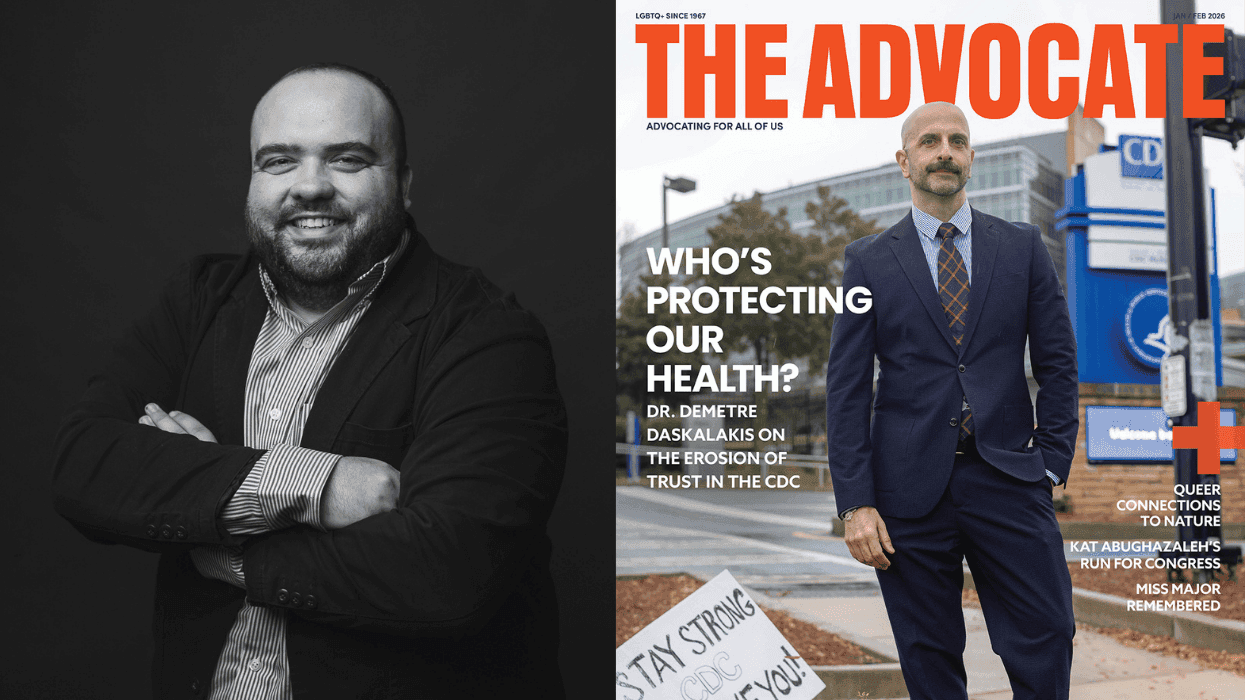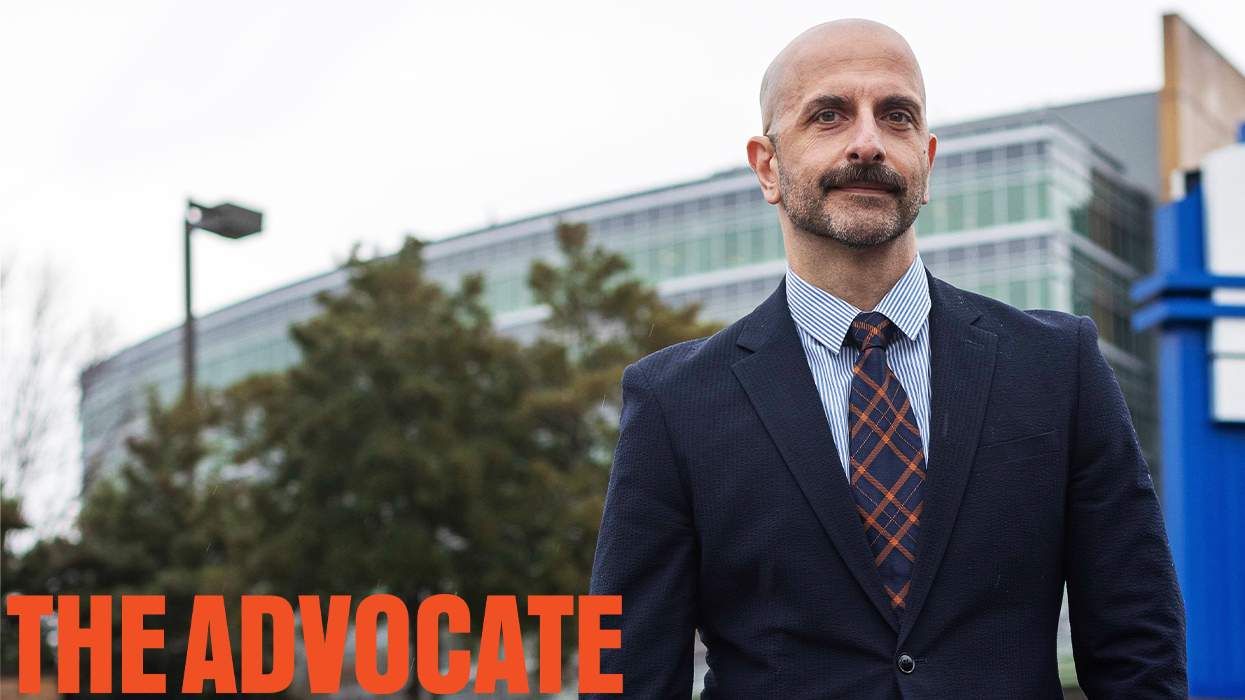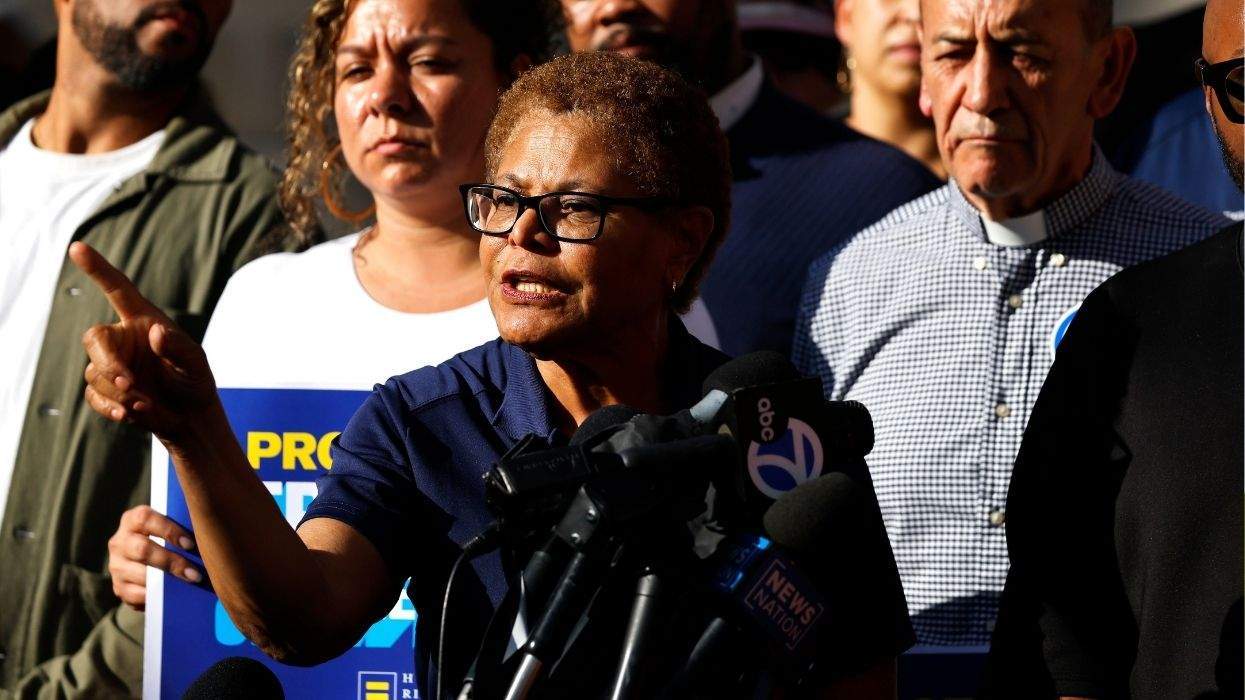Repeal of "don't ask, don't tell," easily the biggest legislative victory in the history of gay rights, is a tough act to follow. But plenty of work on Capitol Hill remains: Federal law still fails to protect gays and lesbians from being fired from their jobs and still discriminates against government employees with same-sex spouses.
"And it's still hard to believe," says Rhode Island representative David Cicilline (pronounced Sis-uh-LEE-nee), a member of the 112th Congress's freshman crop and one of a record number of victors among LGBT candidates nationwide. "I'm not sure what the problem is" with equality legislation, he says. "What I do know is that the more representation we have in Congress, [the better] to put a face on this discrimination."
Cicilline, the 49-year-old former mayor of Providence, and before that a Rhode Island state lawmaker, is now the fourth openly gay member of the House of Representatives, joining Tammy Baldwin, Jared Polis, and Barney Frank. (The tally of openly gay senators holds firm at zero.)
As far as representation goes, he's right: Whether it's Baldwin with her clinical delivery or Frank with his bombastic oratory, having gay people in a room where laws affecting gay people are decided matters. "I think [the Federal Marriage Amendment] is motivated frankly by a dislike of those of us who are gay and lesbian," Frank said on the House floor in 2006 during debate on the proposed antigay amendment. "We're told, 'Don't take things personally,' but I take this personally. I take it personally when people decide to take political batting practice with my life."
The Gay and Lesbian Victory Fund, which supported Cicilline's campaign, still raves about his November electoral victory. "If there's a need for a defensive stance of the community, having those colleagues speak with authenticity is crucial," says the group's vice president and spokesman, Denis Dison.
Though circumspect about the prospects for gay legislation with the speaker's gavel in Republican hands, Cicilline nevertheless believes the GOP landslide in November had little to do with any rallying cry for a return to "traditional" social values. But what does this mean for civil rights bills -- namely the Employment Non-Discrimination Act and an immigration bill that would allow gays to sponsor foreign partners for citizenship, both of which have been kicked around in one form or another since the 1990s? "There's no question that coming into the House as a freshman and in the minority will be challenging when it comes to moving some of the items that are important," Cicilline says.
As the first openly gay congresswoman, Baldwin remembers a similar challenge when she came to Washington in 1999. What's changed, the Wisconsin Democrat says, "is that there have been Republicans who have become more vocal and embraced equality. I would love for them to be the dominant voices. But my sad expectation is that we will not move landmark [LGBT] legislation forward. I hope I'm wrong."
Greener pastures may lie in Cicilline's own state. Gov. Lincoln Chafee, who took office in January, has said he would sign marriage equality into law; Rhode Island advocates expect both the house and senate to introduce legislation by this month. "I'll do whatever I can," says Cicilline, an initial cosponsor of a state marriage bill, "to make it a reality."
And Then There Were Four
